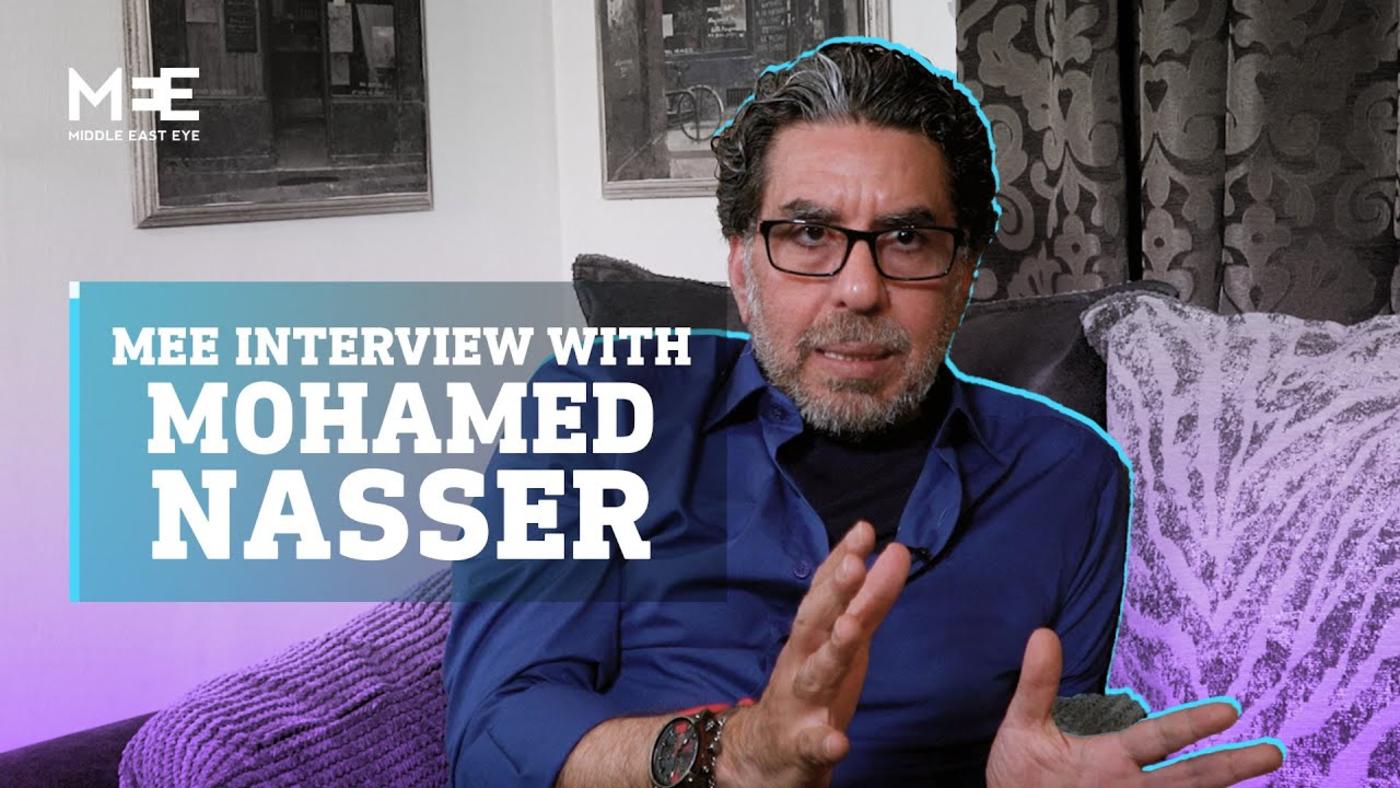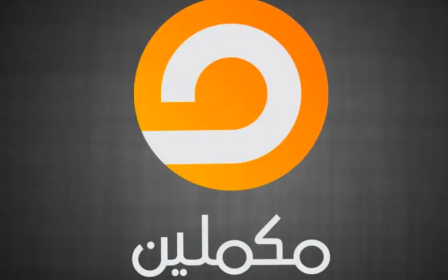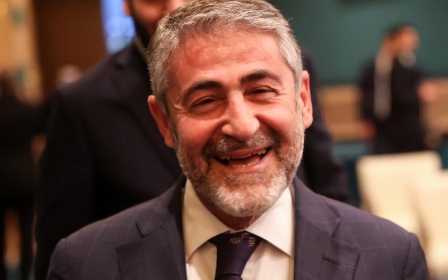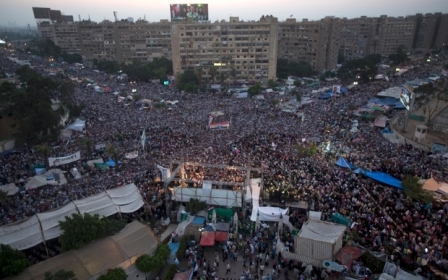Egyptian opposition channel relaunches 'without headquarters' after leaving Turkey
The Egyptian opposition TV channel Mekameleen is relaunching just over a month after it had to shut down its office in Turkey amid a rapprochement between Cairo and Ankara, Middle East Eye has learned.
Started in Turkey in 2014, Mekameleen became a voice of the opposition, featuring political talk shows that drew the ire of the Egyptian government and President Abdel Fattah el-Sisi.
'Our message to the world emanates from the channel's name. So we will continue to defend the Egyptian people'
- Osama Gaweesh, presenter
Osama Gaweesh, a journalist who rejoined Mekameleen in London, told MEE that the channel, whose name can be translated as "we will continue," would be broadcast over satellite and the internet, and would have multiple studios and teams in Europe, the UK and the US.
"There will be no headquarters," said Gaweesh.
"Our message to the world emanates from the channel's name.
"So we will continue to defend the Egyptian people, their freedoms and rights, and to protect the values of the 25 January revolution," added Gaweesh, referring to clashes between protesters and security forces in Cairo's Tahrir Square which began on 25 January 2011 and ended 18 days later with the overthrow of then president Hosni Mubarak.
'Blow' to Egyptian government
In August 2013, while working as a dentist in Cairo, Gaweesh witnessed the Rabaa massacre, during which Egyptian security forces conducted a brutal operation to clear thousands of protesters who opposed the military coup led by Sisi that year, killing around 1,000 of them.
Gaweesh left Egypt for Istanbul and along with other journalists and activists was part of creating Mekameleen.
"Back then, I was new to journalism, like many others. But today, Mekameleen has a crew of well-experienced journalists," he told MEE.
Gaweesh said that relaunching Mekameleen was a "blow" to the Egyptian government, which had put pressure on Turkey to force the channel's crew to leave the country and for its offices to be shut as part of the political rapprochement.
"The channel name was singled out in talks with the Turkish officials," he said.
"Mekameleen has annoyed the Egyptian regime, and the relaunch is a defeat to the regime. We believe that we have won this time around."
Broadcasting 'regardless of risks'
Gaweesh, who moved to the UK in 2018 and claimed political asylum, said that the Egyptian government "will continue targeting journalists, and Mekameleen will continue with its mission regardless of the risks".
He added that he will be presenting a daily show on Mekameleen, besides hosting Untold Stories, a podcast in English, and editing the Egypt Watch research platform.
In a statement earlier this week, Ahmed el-Shanaf, the general director of Mekameleen, said the channel had successfully moved its operations outside Turkey "in no time," and vowed that it would remain committed to "justice, freedom and rights".
Since April, several Egyptian opposition journalists have left Turkey and some relocated to London to restart their own channels over social media platforms following the new restrictions on reporting imposed on them in Turkey.
In an exclusive interview, Mohammed Nasser, Mekameleen's most famous presenter, who left Turkey on 18 May, told MEE that the channel had chosen broadcast locations that were "not subject to any pressure from the Egyptian or Gulf authorities".
Cairo and Ankara's ties were fractured in 2013 after Turkey refused to recognise Sisi as Egypt's legitimate leader following a coup that ousted his predecessor Mohamed Morsi.
However, in recent months, the two countries have sought to mend relations.
Middle East Eye propose une couverture et une analyse indépendantes et incomparables du Moyen-Orient, de l’Afrique du Nord et d’autres régions du monde. Pour en savoir plus sur la reprise de ce contenu et les frais qui s’appliquent, veuillez remplir ce formulaire [en anglais]. Pour en savoir plus sur MEE, cliquez ici [en anglais].





